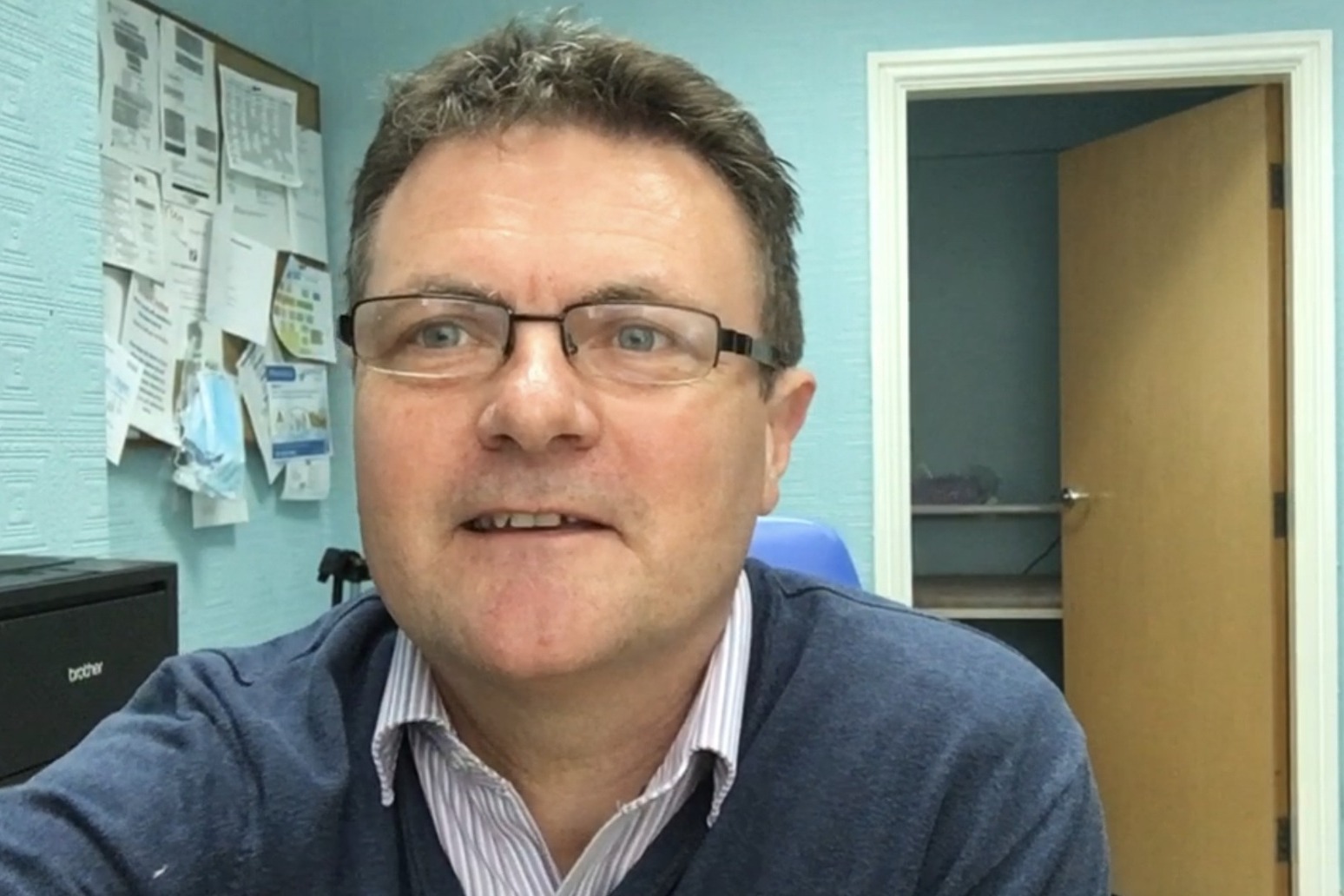
I’ve seen quite a few of my colleagues close to having a breakdown, says GP
“I’ve seen quite a few of my colleagues close to having a breakdown,” says GP Stephen Taylor. “It’s one of the reasons I keep doing my job.”
Dr Taylor used to be a partner at his practice in the north of Manchester. Now he works as a locum doctor, covering holiday and sick leave.
“Over the 30 years I’ve been practising, I’ve seen a slow increase in the amount of work family doctors are expected to do,” the 57-year-old says.
“I’m seeing around double the amount of people every day, compared to my workload when I first became a doctor.
“We see fewer people face-to-face now than we did before Covid, but overall we’re interacting with a much greater number of patients.”
A new report has warned GPs are facing “insurmountable pressures” and that the NHS “will not survive” without general practice.
The document, by the Royal College of GPs, suggests one in four staff fear their practice is in danger of closing because of unmanageable workloads and rising demand.
The report, shared exclusively with the PA news agency, says GPs are bracing for “winter-style pressures” well into spring and summer.
In the UK, there are 2,000 fewer working GPs now than there were in 2015.
On top of this, there are more patients waiting to be seen for long-term health conditions in the aftermath of the pandemic, Dr Taylor said.
“There are about seven million people waiting for hospital appointments. To put that into perspective, that’s about one in 10 people in the entire population of the UK.
“Those people need support from somewhere while they are waiting, and often that job falls to GPs. This means that there are a lot more people interacting with primary care services than before.”
Many older doctors have opted out of full-time work owing to the stress and pressure that comes with the job.
“That’s also partially due to pension tax,” says Dr Taylor. “Older GPs are being taxed more on the pensions that they’re yet to receive, so they’re choosing to leave the profession early.”
Young doctors are also leaving the profession as they find full-time GP work too stressful.
“Many young people are leaving to work overseas in places like Canada, Australia and New Zealand,” Dr Taylor added.
“But some of them are staying in the UK and choosing instead to go back to hospital work, since they find it easier than working as a GP.”
Dr Taylor warns that many of his colleagues are at breaking point.
“I’ve sat down with a number of GPs who are really not far from having a breakdown. There has been a huge rise in doctors seeking professional help for their own problems.”
He says services such as Practitioner Health, which supports doctors, have been inundated with GPs in crisis.
“I still believe that GP practices provide a good model for primary care. I think that with the right support it’s fixable, and that’s why I keep working to support the practice I was a partner at for many years,” Dr Taylor added.
“Funding is the biggest issue. GP practices simply need more money. It would also be good, though, to have our hard work acknowledged by both NHS England and the general public.
“We are doing the best that we can with very few resources. No GP wants to do their job badly – we entered this profession because we want to help people.
“We just need more support and funding to make sure that we can deliver the best care possible to our patients.”
Published: by Radio NewsHub